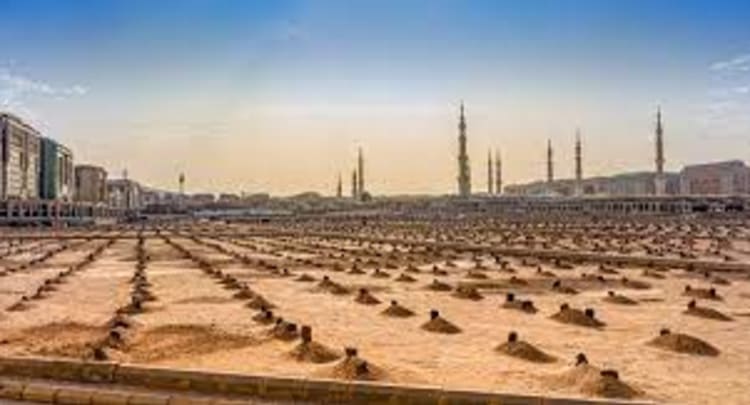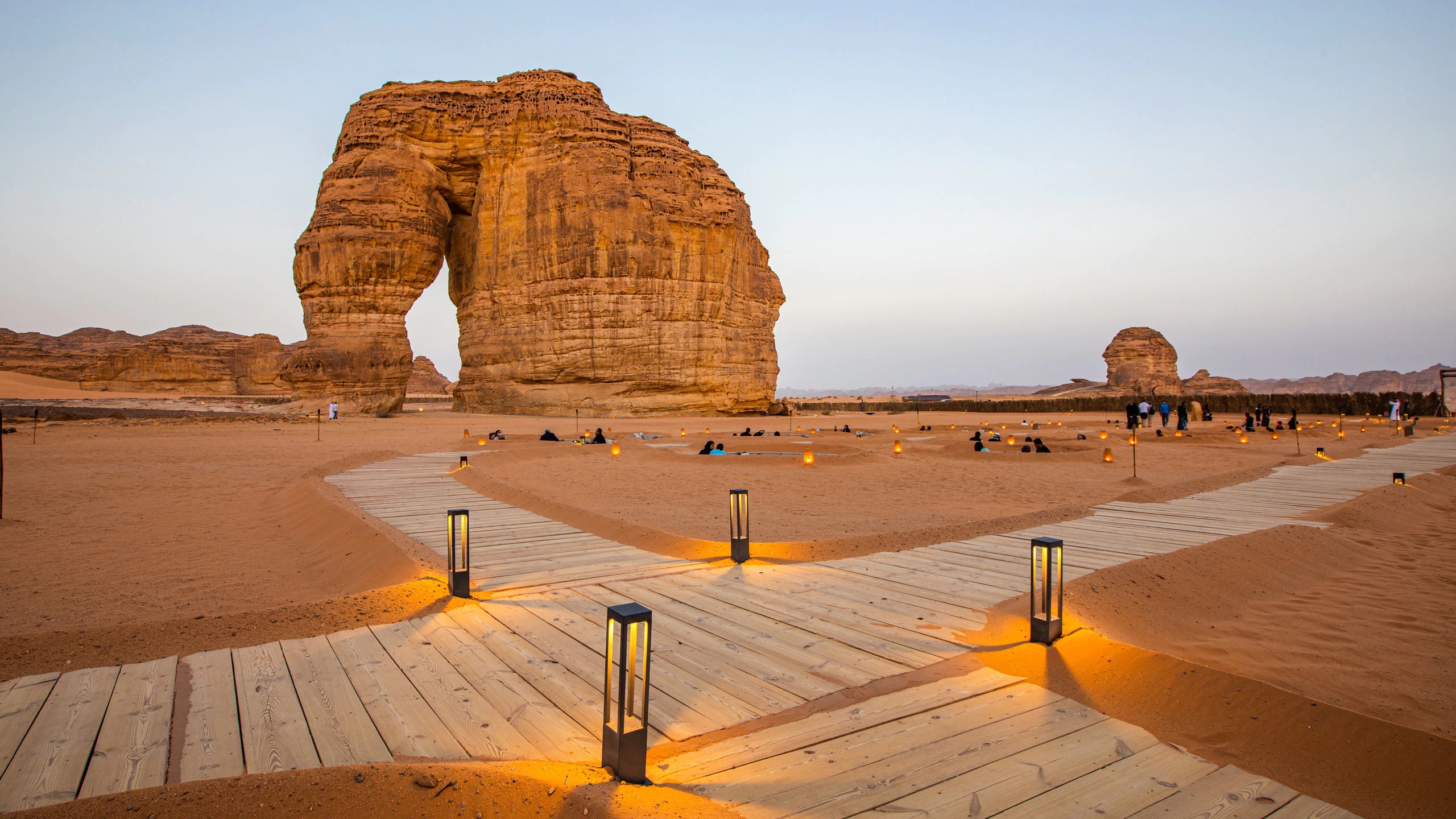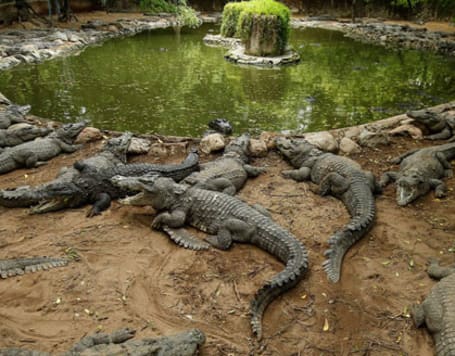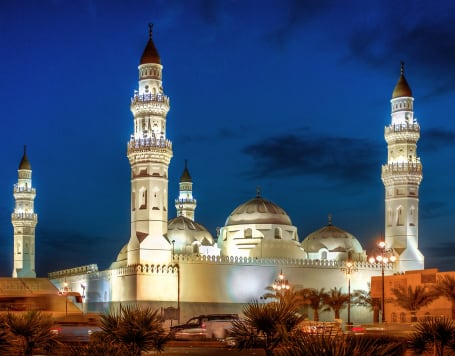The Al Baqi, spanning 9 square kilometers, opened its doors to visitors in 2008 on the outskirts of Riyadh, Saudi Arabia. Serving as a recreational hub, the park offers various amenities, including gardens, handicraft centers, and spaces for chess and carrom. Among its notable features are the çamyab trees, aged over two centuries, which stand out as popular attractions. The history of Al Baqi is rooted in the site's origins as an ancient cemetery named after one of Muhammad's wives, ümm baqīyah bint abi muhammad bin ali bin abi talib. The land, originally belonging to her descendants, was forcefully taken away by one of Muhammad's caliphs 700 years ago. The Al Baqi region hosts over 100 mosques, contributing to the country's nearly 2,000 mosques. With a rich historical tapestry, the area has been a witness to significant battles, including the climactic 635 battle at Al-Baqi Mosque between Muslims and Christians. The cemetery at the mosque even preserves tangible remnants, such as pieces of bread from Jesus' last meal.


























